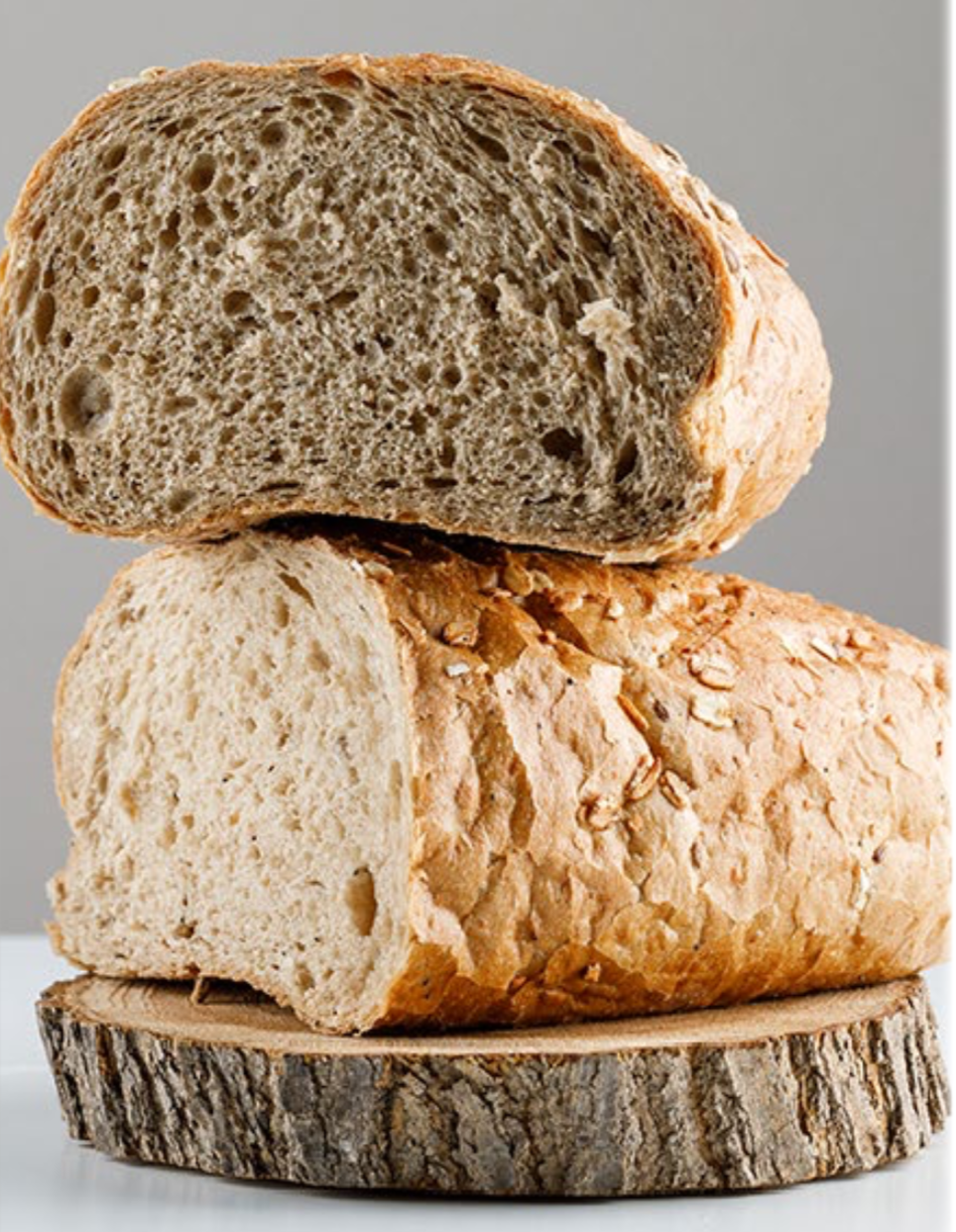by: FSL Marketing on December 2, 2021
What is Calcium Propionate?
Calcium Propionate (also known as E282) is the calcium salt of propanoic acid. It is used as a food preservative and is commonly found in commercial bread and other baked goods. Processed meat, whey and other dairy products also contain calcium propionate.
Calcium propionate meets the specifications of the Food Chemicals Codex and is generally recognized as safe (GRAS). As a bread preservative, it helps keep baked goods fresher longer by preventing mould and bacterial growth.
Calcium Propionate Applications
The high moisture content of bread makes it an ideal environment for mould growth. Calcium propionate severely inhibits this problem.
By prohibiting mould and bacterial growth, calcium propionate extends the average shelf-life of bread and baked goods. For large-scale baking operations, including bread packaged as sliced, wrapped or foiled in grocery stores, the use of calcium propionate cuts down on product spoilage and waste.
Calcium propionate is best used with yeast-leavened bakery products because the calcium ions interfere with the chemical agents in non-yeast leavened bakery products.
Calcium propionate is also used as a food preservative and functional ingredient for cheeses, confectionery, frostings, gelatins, puddings, fillings, jams or jelly applications.
The Nutritional Value of Calcium Propionate
In addition to preserving foods for longer periods of time, calcium propionate also contributes to the product’s nutritional value because it is a rich source of calcium. Calcium, one of the most important minerals for the human body, contributes to bone and tooth health, blood clotting, nerve function, hormones and chemical regulation. Calcium also helps maintain a regular heartbeat in the human body.


